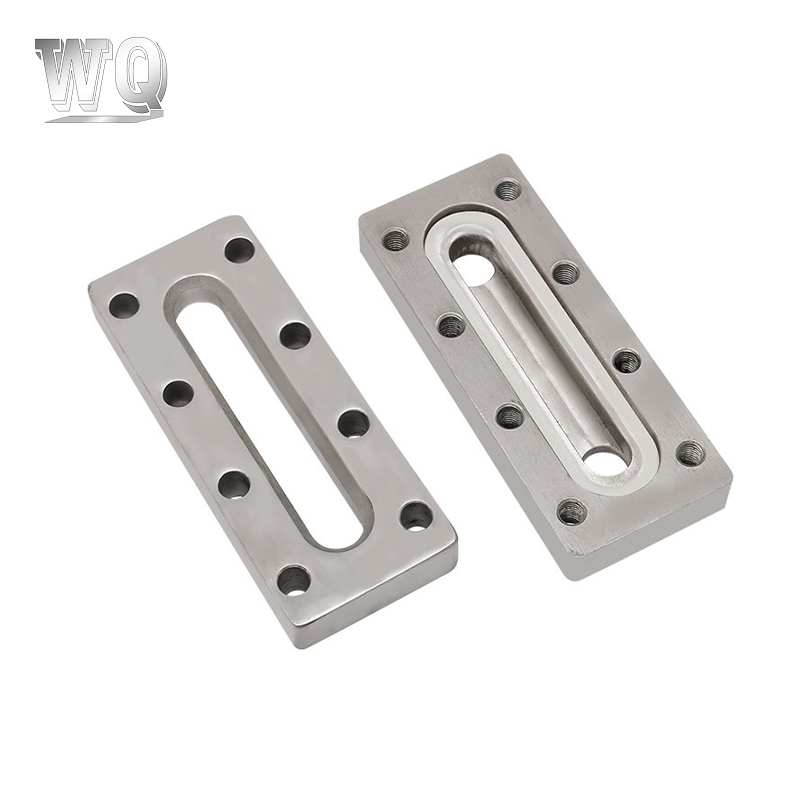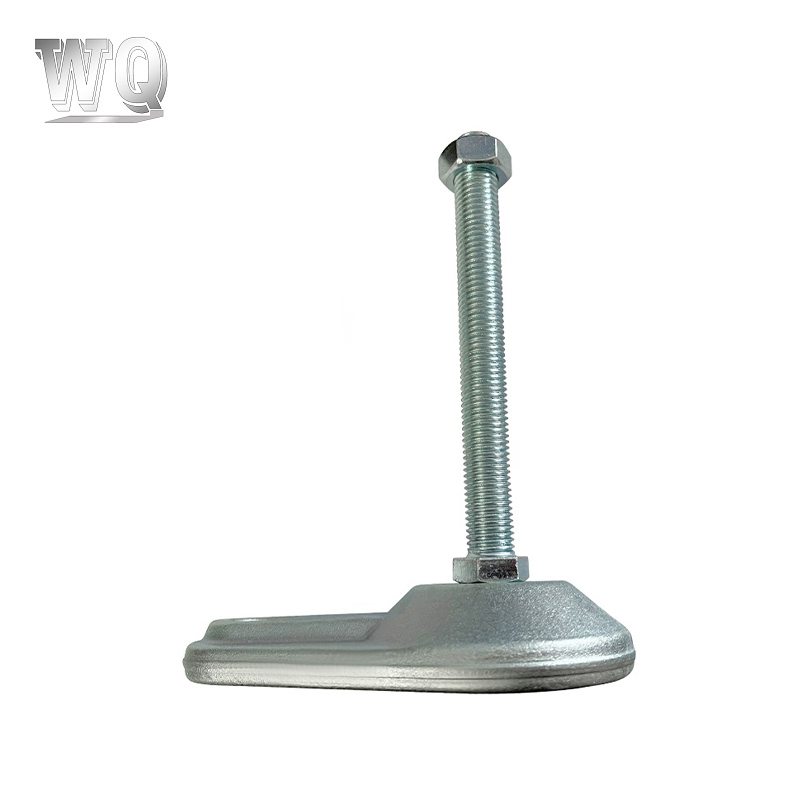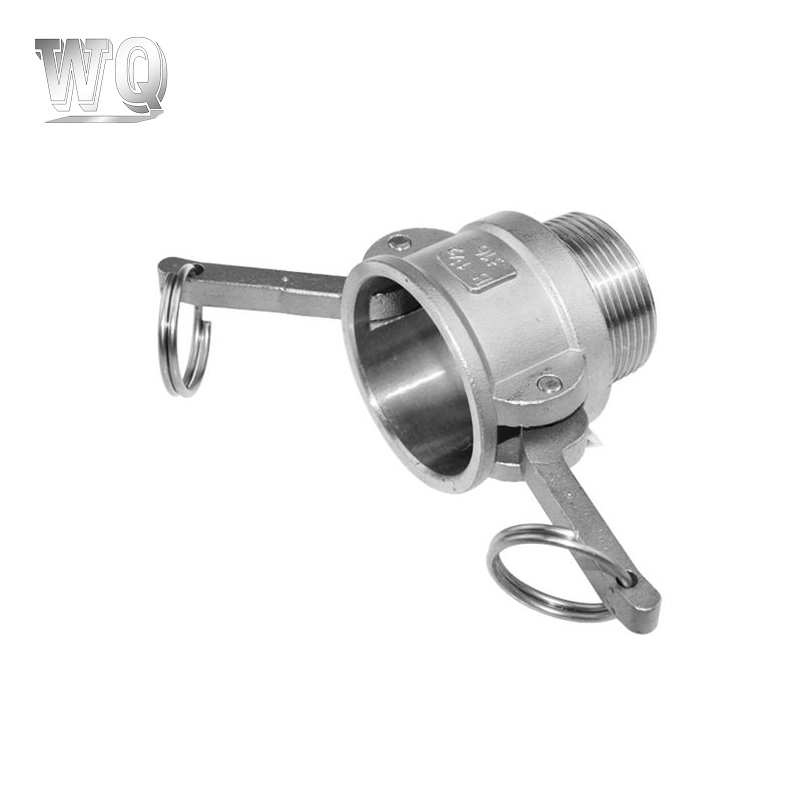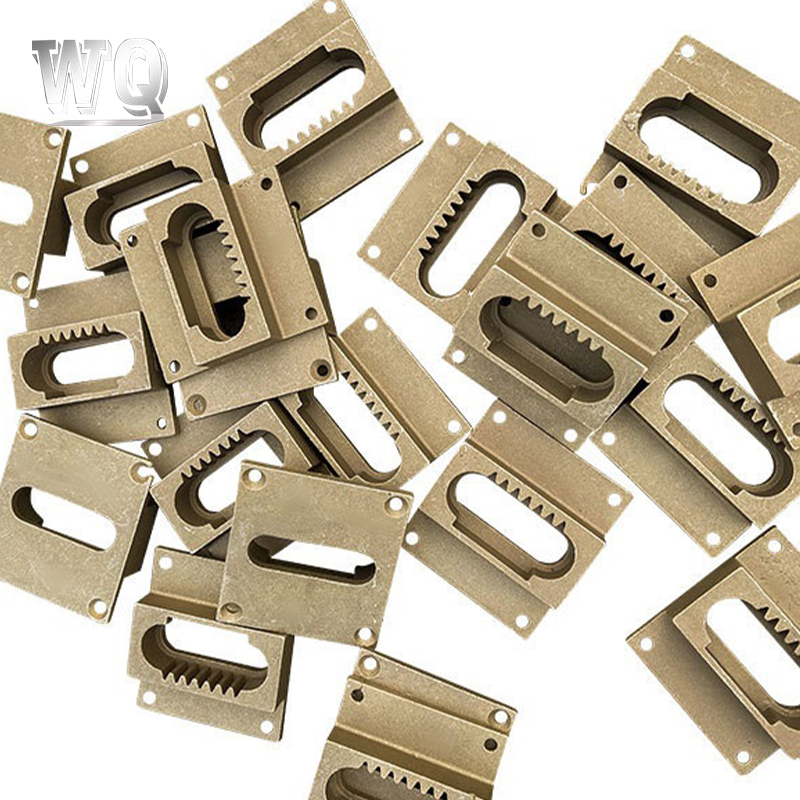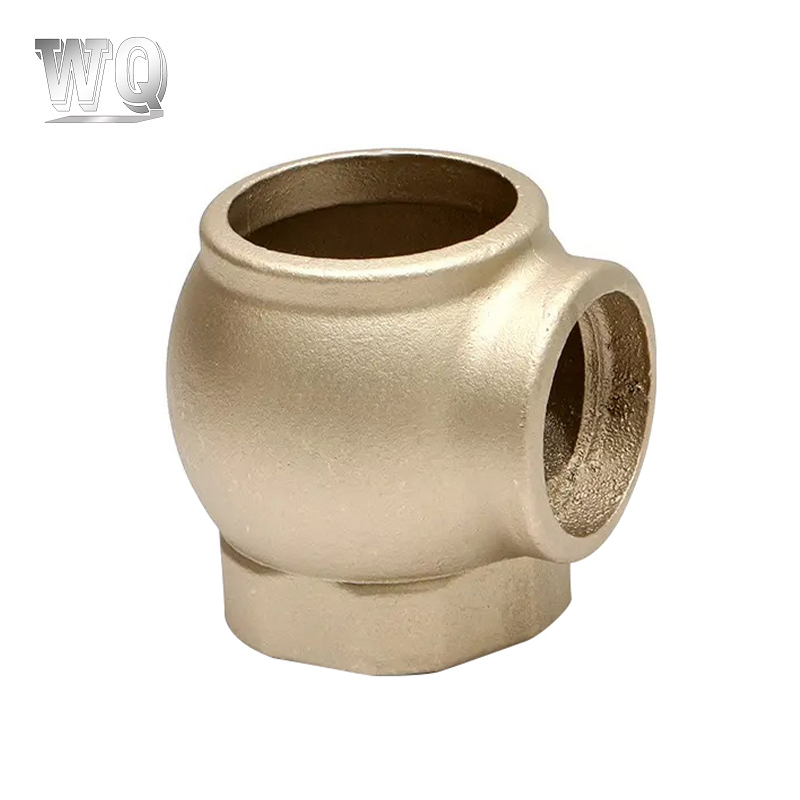In the modern food industry, food safety and production efficiency are the core issues that enterprises are concerned about. Therefore, food machinery and equipment have higher requirements for the selection of materials, and Stainless Steel Casting Parts have been widely used in food machinery manufacturing due to its excellent performance.
1. Excellent corrosion resistance
The working environment of food machinery is usually more complex, and it is often exposed to water, grease, acid and alkali cleaning agents and other substances, which puts high requirements on the corrosion resistance of equipment materials. Stainless steel castings have good antioxidant and chemical corrosion resistance, can operate stably for a long time in humid, high temperature or acid and alkali environments, and are not easy to rust or corrode, thereby effectively extending the service life of the equipment.
In addition, the food industry has extremely high requirements for cleanliness, and frequent cleaning and disinfection are part of daily operations. The surface of stainless steel castings is dense and smooth, not easy to absorb dirt, and easy to clean, which can meet strict hygiene standards.
2. Meet food safety and hygiene standards
Stainless steel materials themselves are non-toxic and tasteless, will not react chemically with food, and will not release harmful substances, so they are widely used in the manufacture of parts that directly contact food. For example, in equipment such as mixers, slicers, and conveyor belt rollers, stainless steel castings can ensure that food is not contaminated during processing and ensure the safety of the final product.
At the same time, many stainless steel materials (such as 304 stainless steel and 316 stainless steel) meet international food safety standards (such as FDA, ISO 22000, etc.) and are widely used in the manufacture of export-oriented food equipment, which helps to enhance the competitiveness of products in the global market.
3. Good processing performance and structural strength
Stainless steel castings can be used to manufacture parts with complex shapes and precise dimensions through precision casting processes, which are suitable for the design requirements of various food machinery. Whether it is gears, valves, pump bodies or bracket structures, stainless steel castings can achieve high molding accuracy, reduce subsequent processing volume, and improve production efficiency.
In addition, stainless steel castings have excellent mechanical properties, especially in high and low temperature environments. They can still maintain good strength and toughness, and are suitable for a variety of working conditions such as refrigeration equipment and baking machinery.
4. Long life and low maintenance cost
Compared with other metal materials, stainless steel castings have a longer service life. Even in harsh environments, they are not easy to deform, wear or age, which greatly reduces the frequency of equipment replacement and maintenance, and reduces the operating costs of enterprises.
At the same time, due to its strong durability, some of the original stainless steel parts can continue to be used when enterprises upgrade or expand equipment, which improves resource utilization.
5. Environmental protection and sustainable development advantages
With the global emphasis on green manufacturing and sustainable development, stainless steel, as a recyclable and reusable material, has significant environmental advantages. Stainless steel castings can be completely recycled and remelted after being scrapped, reducing resource waste, which is in line with the current trend of the food machinery manufacturing industry towards low-carbon and environmental protection.
Stainless steel castings have shown irreplaceable advantages in the field of food machinery due to their excellent corrosion resistance, food safety, good processing performance, structural strength, and economic and durable characteristics. With the development of automation and intelligence in the food industry, the application of stainless steel castings will be further expanded, and provide food equipment manufacturers with higher quality, safer and more reliable product solutions.



